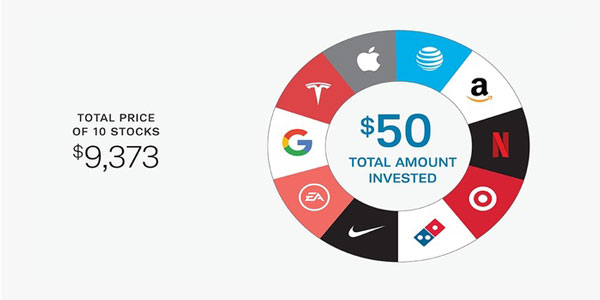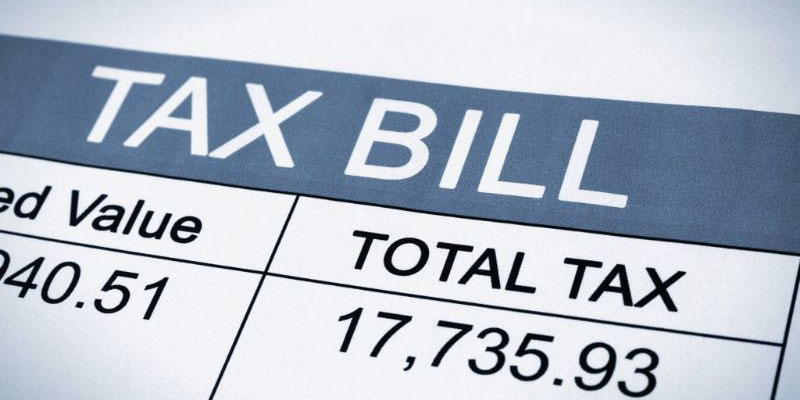Methods to Efficiently Cash Out Your Life Insurance Policy
Feb 05, 2024 By Susan Kelly
Life insurance is a form of protection for loved ones in cases of emergencies. At the same time, not all policyholders realize the meaning of life insurance liquidity—the capacity to withdraw the cash value of their plans if circumstances require so. Liquidity of life insurance is paramount because it opens doors for a wide range of financial potentials.
This guide provides an in-depth analysis of the complexity of cashing out a life insurance policy and delineates a structured strategic plan for the effective encashment of a policy. In terms of calculating whether to cash out, tax issues, and alternative possibilities, this guide will furnish you with the knowledge and resources necessary to make relevant decisions regarding your life insurance.

Assessing the Need to Cash Out
Understanding Life Insurance Liquidity
To embark on the journey of strategically cashing out a life insurance policy, it's essential to grasp the concept of life insurance liquidity. Life insurance liquidity refers to the policy's ability to be converted into cash when needed. In essence, it's the measure of how easily and quickly you can access the cash value of your policy.
Understanding life insurance liquidity is fundamental to making informed decisions about your policy. It enables you to assess the flexibility of your life insurance in adapting to changing financial circumstances. A policy with high liquidity can be a valuable asset, offering financial stability and versatility.
Situations Requiring Policy Encashment
While life insurance is primarily intended to provide financial protection, there are situations where cashing out the policy becomes a necessity. Identifying these scenarios is crucial in determining whether policy encashment is the right course of action.
Common situations requiring policy encashment include financial emergencies, changing life circumstances, or the need for additional funds for specific goals, such as education expenses or debt repayment. By recognizing these scenarios, you can make well-informed decisions about whether to cash out your life insurance policy to address your immediate financial needs.
Step-by-Step Process
Reviewing Policy Details
Before embarking on the process of cashing out a life insurance policy, it's crucial to start with a meticulous examination of the policy's terms and conditions. This step cannot be overstated in importance. Reviewing policy details provides a comprehensive understanding of what the policy entails and what to expect during the encashment process.
Policies can vary significantly, and the specifics of your policy may impact the cash surrender value, potential fees, and tax implications. By carefully reviewing the policy, you can uncover critical information about any restrictions, penalties, or waiting periods that may apply. This knowledge is invaluable in making an informed decision about the timing and method of policy encashment.
Evaluating Cash Surrender Value
One of the central factors in cashing out a life insurance policy is evaluating its cash surrender value. This value represents the amount of cash you can receive when you choose to surrender or terminate your policy. It's essential to determine this value accurately, as it directly affects the funds you'll have access to.
Evaluating cash surrender value involves calculating the accumulated cash value of the policy, which includes premiums paid, interest earned, and potential deductions. Understanding how this value is determined allows you to assess whether the offered amount aligns with your financial goals and needs. Additionally, it helps you compare the cash surrender value with alternative financial options to make the most strategic choice regarding your life insurance policy.
Weighing Alternatives
However, cashing out a life insurance policy is a very significant financial decision that should not be taken lightly without understanding all of the possibilities. However, policy encashment should only be done after other financial strategies are evaluated and considered. Such options may provide unique benefits or provide better fit for your long-term financial plans.
With a consideration of alternatives, cashing out your life insurance policy might be the best thing to do when assessed in terms of your current situation and goals. This includes evaluating other viable financial options, including taking out a policy loan, using accelerated death benefits, or embracing other investment opportunities. A rational and wise decision can only be made if one has full awareness of all the options available and their concomitant effects.

Tax Implications
When you cash out your life insurance policy, you may need to pay taxes on the cash surrender value. It's important to understand how these taxes work and what portion of the money you receive may be subject to taxation. Instead of surrendering the entire policy, consider making partial withdrawals. This allows you to access funds gradually and may result in lower tax obligations compared to a lump-sum payout. Some policies allow you to take out tax-free loans against the cash value. By borrowing against your policy, you can access the funds you need without triggering immediate tax liabilities. However, it's essential to repay these loans to preserve the policy's value and avoid potential tax consequences in the future.
Making the Decision
Cashing out an insurance policy is a complex matter and hence, one needs to appreciate what it means and the alternatives. Begin by understanding the concept of liquidity in life insurance, which means the ability to have access to the cash value. Identify cases where policy cashing is required, whether it is a financial crisis or a changing life situation. Before moving, carefully read the policy particulars to reveal important information on the tariff, penalty and restrictions. Compute the cash surrender value correctly as it determines the available funds. Compare other financial options available, such as loans, accelerated death benefits, and investment possibilities.
Conclusion
Cashing out a life insurance policy at the strategic process requires a thorough knowledge of its liquidity, policy terms, cash value, and taxes. It requires an in-depth assessment of other financial alternatives and a clear link to your financial goals. Adhering to the directions provided and relying on professional advice where necessary will help you make the right choice regarding your life insurance policy that meets both short-term financial demands and provides a high return on investment. Keep in the mind that a strategical solution ensures your financial stability and success.

How Citi is Shaping the Payments-as-a-Service of Tomorrow?

Bear Flag Pattern: A Step-by-Step Guide for Navigating Bearish Markets

Unlocking the Power of ISO 20022: AI-Driven Insights for Financial Institutions

Treasury Calls for More Oversight on Bank-Fintech Collaborations

Buy or Sell Stocks

All About the Fractional Investing: Get Started in the Market Without Much Money

Marginal Tax Rate: What is it?

Investing in 3x ETFs Can Be Riskier Than You Think

Best Vision Insurance Companies Of 2022

